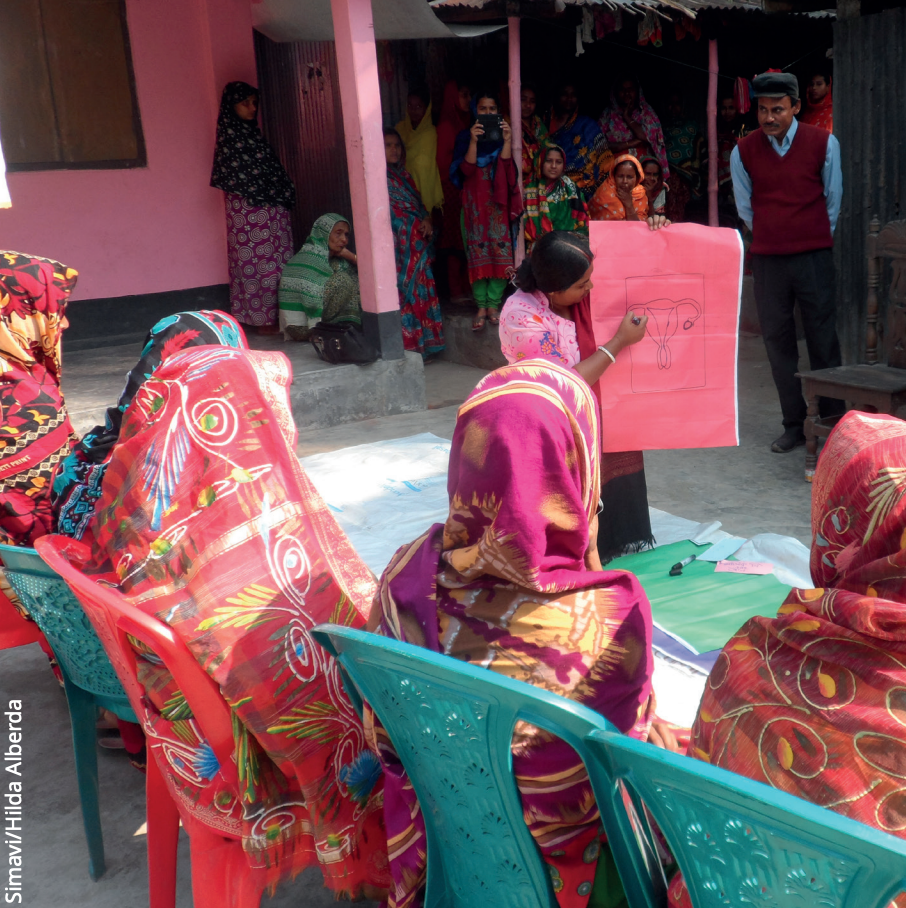WASH: A Shared Agenda
A shared agenda – Exploring links between water, sanitation, hygiene, and sexual and reproductive health and rights in sustainable development.
Across the globe, too many people do not have access to adequate sexual and reproductive health (SRH) information and services. As a result, they cannot enjoy their sexual and reproductive rights over the course of their lives. Fulfillment of sexual and reproductive health and rights (SRHR) positively impacts economic, educational and sustainable development outcomes for all, while poor economic, educational and sustainable development can negatively impact the fulfillment of SRHR. This is particularly the case for women and girls, who face disproportionate challenges to realizing their SRHR.
Water, sanitation and hygiene (WASH) plays a significant role in the quality of SRH service delivery and the realization of SRHR. Where WASH facilities and services are weak or missing from SRHR systems and services, positive health outcomes are compromised. Unhygienic conditions in health care facilities with inadequate WASH and substandard infection prevention and control increase risks to women and newborns, and delay or prevent people from seeking SRH care.1 Poor access to gender-sensitive WASH facilities limits women’s and girls’ ability to manage their menstrual period privately and hygienically.
The Sustainable Development Goals (SDGs) that address WASH, health, and gender equality are interlinked and reliant on each other. Combining SRHR and WASH interventions creates opportunities to bolster health and human rights outcomes, but synergies between the two are not Introduction MSI/Michelle Laws always prioritized, and integrated approaches are limited in both policy and practice.
In this paper, we explore the links between WASH and SRHR in comprehensive and integrated policy and programming in low and middle-income countries. We seek to:
1. Examine the critical role of water, sanitation and hygiene in a broad, inclusive and humanrights based definition of comprehensive and integrated SRHR.
2. Demonstrate how combined efforts in SRHR and WASH will improve outcomes in health, equality and attainment of human rights.
3. Identify the opportunities and entry points for WASH and SRHR actors to collaboratively drive greater action across sectors at the national, regional, and global levels.
This paper proposes a shared agenda and a way forward. We look at ways that joint action can improve health outcomes and contribute to gender equality, explore where a SRHR lens can prioritize WASH investments to those who need them most, and examine where SRHR initiatives can be integrated into WASH-led efforts.
Read the full paper here.
